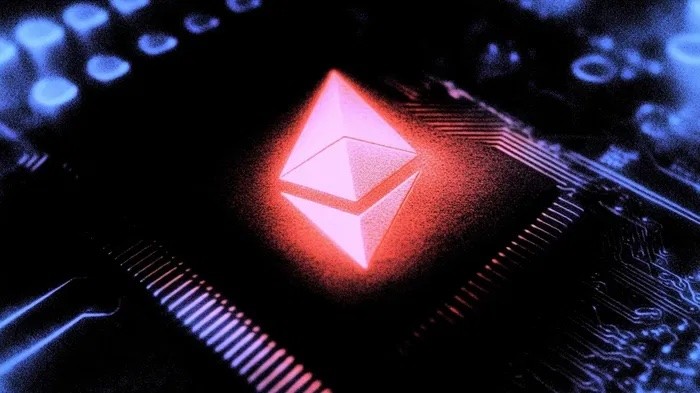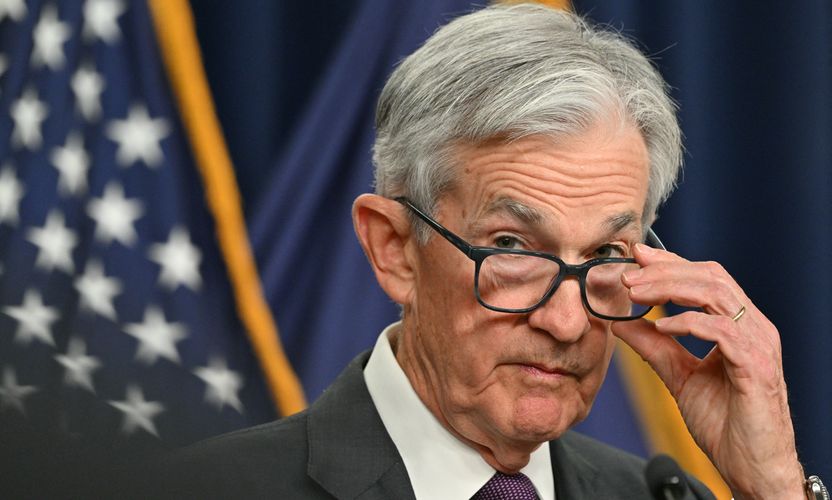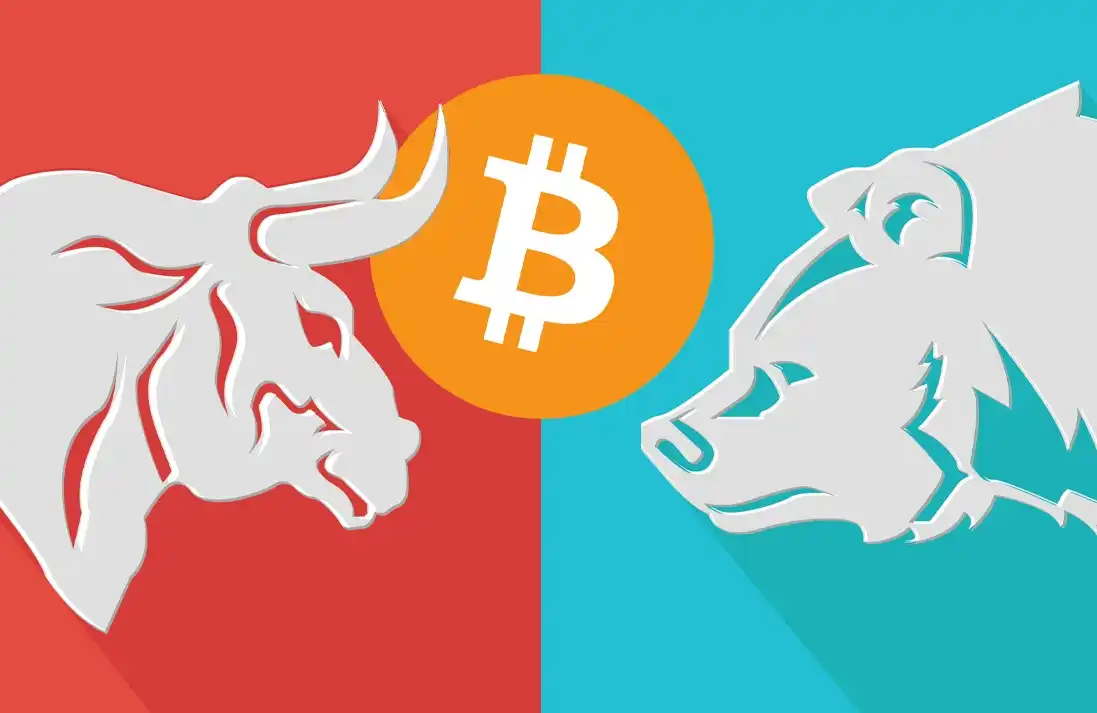SoFi CEO makes a major announcement: launching its own stablecoin, tokenizing loans, and returning to the crypto market!
Preface
The heavyweight annual event in the U.S. fintech industry—the Goldman Sachs Communacopia + Technology Conference 2025—has concluded in New York. Hosted by Goldman Sachs, this conference is hailed as the “weathervane” of the global capital markets and technology industry, attracting the most influential Wall Street executives to speak on stage every year.
This interview was moderated by Goldman Sachs Research Division analyst William Nance, with the guest being SoFi Technologies, Inc. (NASDAQ: SOFI) CEO and Director Anthony Noto.
Noto is a rare “dual legend” between Wall Street and Silicon Valley: he was a Goldman Sachs partner, CFO of the NFL, and, during his tenure as COO of Twitter, led the company’s IPO. Since becoming SoFi CEO in 2018, he has led this emerging fintech company from an online student loan platform to one of the most innovative digital banks in the U.S.
SoFi Background
SoFi is a licensed digital fintech company headquartered in the U.S., holding an OCC national banking license and Federal Reserve bank holding company qualification. As of mid-2025, the company has nearly 12 million members and deposits of about $30 billion. SoFi’s products cover loans, savings, investments, payments, insurance, and fintech infrastructure platforms, achieving over 16 consecutive quarters of Rule of 40 growth.
Key Highlights
In this conversation, Noto systematically disclosed for the first time SoFi’s blueprint in the fields of cryptocurrency, stablecoins, and blockchain loan tokenization. His remarks not only mark SoFi’s official return to the crypto space, but also signal a turning point for U.S. traditional financial institutions towards “blockchain banking.”
The following is a summary of the interview:
SoFi suspended its crypto business a few years ago due to regulatory reasons, but is now re-entering the field. Can you talk about the current progress and future direction?
Anthony Noto: By the end of 2025, we will relaunch the buy, sell, and hold crypto functionality. This is a service we previously offered. At the same time, we are building a comprehensive stablecoin strategy that not only complements our crypto trading business but will also integrate with our payments and technology platforms.
We plan to make the SoFi stablecoin the core payment tool of our entire ecosystem:
-
Initially, we will support users in SoFi Pay to send U.S. dollars (USD) to overseas fiat accounts via the Bitcoin network.
-
Subsequently, the SoFi stablecoin will replace this intermediary step, becoming a more efficient, lower-cost, and safer transmission method.
The SoFi stablecoin will not only be used for international remittances, but also for:
-
Retail payments (SoFi Pay will promote merchants to directly accept stablecoin payments in retail scenarios, thereby reducing credit card fees);
-
Tokenized loan payments and settlements;
-
Providing low-cost, high-speed, and settleable payment infrastructure to our technology platform clients (SoFi Tech Platform has over 100 million accounts).
We have a banking license, so we can issue a stablecoin fully backed 1:1 by U.S. dollars. The dollar reserves for the stablecoin will be held in SoFi’s Federal Reserve account (Fed banking account), which means we can earn about 4% interest income and use part of the proceeds to subsidize users and merchants, thereby increasing ecosystem adoption.
Besides payments, you mentioned SoFi also plans to “tokenize” loans. Can you explain the goal of this plan?
Anthony Noto: We hope to tokenize SoFi’s loan assets, allowing more individual investors to invest in these high-quality assets.
Currently, SoFi’s loan yields are very attractive, but ordinary investors cannot directly purchase these assets due to high entry barriers, strict qualification requirements, and large investment amounts in traditional markets.
Through blockchain tokenization, we can split these loans into tokens of $1 or $2 each, enabling retail investors to invest in loan assets just like buying stocks. This move will greatly enhance market liquidity, allow both institutional and individual investors to participate, and create a new financing and trading channel for SoFi.
This is also one of our long-term visions: just as we already offer IPO investments, private equity, private credit, private real estate, and venture capital funds (in the form of interval funds), we want to make loans a retail-accessible asset class as well.
Will SoFi’s stablecoin also be used for retail payments?
Anthony Noto: Yes. SoFi Pay will allow users to pay with stablecoins in retail scenarios.
Our plan is to encourage merchants to accept SoFi stablecoins, as this means they no longer have to pay high credit card interchange fees.
In addition, since we are a bank and can hold stablecoin reserves in a Fed account to earn interest, we can share part of the proceeds with merchants or consumers, making them more willing to use SoFi stablecoins.
You mentioned that SoFi stablecoins will also be used in the payment and settlement process of loan tokenization. How will this be achieved?
Anthony Noto: In tokenized loan transactions, SoFi stablecoins will serve as the medium for asset settlement. We plan to have SoFi Tech Platform’s partner institutions (currently managing over 100 million accounts on the platform) use SoFi stablecoins for fund settlement.
This can significantly reduce transaction costs, accelerate fund flows, and avoid the friction of traditional clearing systems.
How does SoFi view regulatory changes in the crypto business? You mentioned that new policies have brought a turning point.
Anthony Noto: Changes in the regulatory environment are a huge positive for us.
In the past, when we obtained the OCC banking license, crypto or stablecoin business was not allowed within the banking system.
Now it’s different: the OCC’s interpretive letter issued in April 2025 has clearly allowed banks to operate crypto businesses (including stablecoins and crypto trading) within the licensed system.
This means:
-
SoFi can directly operate buy/sell/hold crypto assets and stablecoin business within the banking system;
-
We already have the most comprehensive banking and holding company licenses and do not need to apply for new permits;
-
Other crypto companies, even if they want to apply, can only obtain non-depository trust licenses, with limited business scope.
In other words, we now have the strongest regulatory moat in the market.
In the future, when we promote Banking-as-a-Service capabilities to other financial and non-financial institutions, we can help them launch stablecoin and crypto-related services within a fully compliant framework.
How does SoFi leverage this crypto advantage on the enterprise (B2B) side?
Anthony Noto: We are planning to enter the corporate banking field, providing large e-commerce companies with banking services that support both fiat and cryptocurrencies.
Currently, no bank can offer both fiat and crypto accounts, but SoFi can.
This business will cover:
-
Large online retailers (Fiat + Crypto Banking Services)
-
Crypto-native enterprises (such as Paxos, BitGo, Talos, etc.)
These enterprises urgently need comprehensive banking services compatible with crypto and fiat. We can provide this capability because we are not only a bank but also a technology platform provider. In the future, we will also offer loans collateralized by crypto assets.
Summary
SoFi’s crypto business strategy is not limited to a single function, but is a complete system:
-
Short-term (2025): Relaunch crypto trading functionality;
-
Mid-term (2026): Launch SoFi stablecoin, integrate into SoFi Pay and Tech Platform payment and settlement;
-
Long-term (2027+): Promote loan tokenization, crypto-collateralized loans, and enterprise banking services compatible with crypto and fiat.
SoFi’s goal is to make crypto and blockchain part of the entire financial infrastructure, rather than an experimental supplement outside the financial system.
Disclaimer: The content of this article solely reflects the author's opinion and does not represent the platform in any capacity. This article is not intended to serve as a reference for making investment decisions.
You may also like
Ethereum undergoes "Fusaka upgrade" to further "scale and improve efficiency," strengthening on-chain settlement capabilities
Ethereum has activated the key "Fusaka" upgrade, increasing Layer-2 data capacity eightfold through PeerDAS technology. Combined with the BPO fork mechanism and the blob base price mechanism, this upgrade is expected to significantly reduce Layer-2 operating costs and ensure the network’s long-term economic sustainability.

Down 1/3 in the first minute after opening, halved in 26 minutes, "Trump concept" dumped by the market
Cryptocurrency projects related to the Trump family were once market favorites, but are now experiencing a dramatic collapse in trust.

Can the Federal Reserve win the battle to defend its independence? Powell's reappointment may be the key to victory or defeat
Bank of America believes that there is little to fear if Trump nominates a new Federal Reserve Chair, as the White House's ability to exert pressure will be significantly limited if Powell remains as a board member. In addition, a more hawkish committee would leave a Chair seeking to accommodate Trump's hopes for rate cuts with no room to maneuver.

From panic to reversal: BTC rises above $93,000 again, has a structural turning point arrived?
BTC has strongly returned to $93,000. Although there appears to be no direct positive catalyst, in reality, four macro factors are resonating simultaneously to trigger a potential structural turning point: expectations of interest rate cuts, improving liquidity, political transitions, and the loosening stance of traditional institutions.

